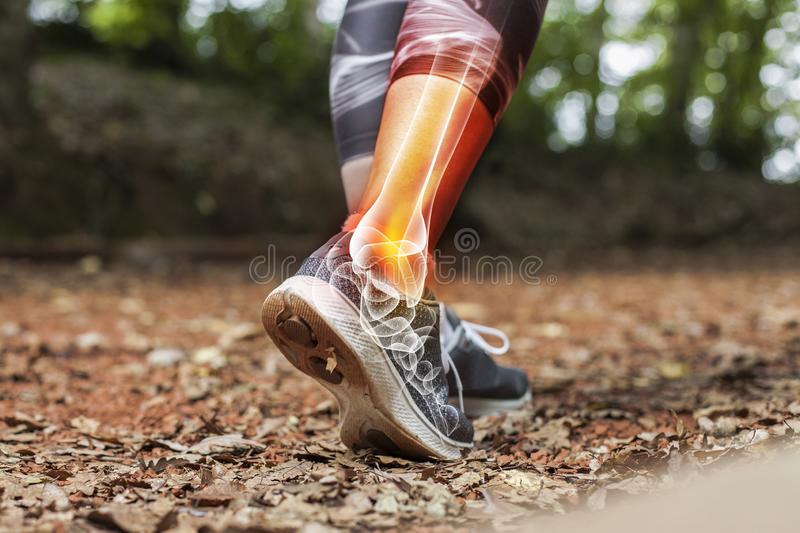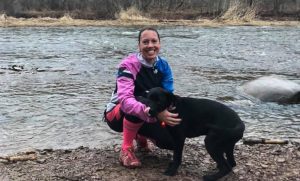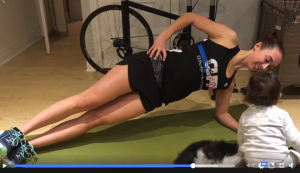Most athletes will face and injury or illness during the course of their training. It’s an inevitable part of the journey. How you deal with it makes a big difference to reaching your goals – or simply enjoying what you do.
Recently, we spoke about dealing with injury and illness in a Facebook Live chat for athletes training for the Georgina Marathon & Half-Marathon. Listen to the full discussion here.
These are some of the more important take aways from that conversation:
- Acknowledging that you have an injury – or the start of an injury – is the most important place to start. The longer we take to deal with those smaller niggles, the bigger they become and the longer it will take to fix them.
- See a professional – fast! Whether that’s a physiotherapist, massage therapist, chiropractor or your personal trainer…get someone who is objective and trained to check you out.
- If you can’t get to see a professional – at least start (because you probably haven’t been) foam rolling or using a trigger point ball to work on the tight spots. Soft tissue work and some stretching, epsom salts baths and mobility work are important for your muscles and ligaments for injury prevention and to help heal and rehabilitate injuries. Sometimes releasing the tightness can prevent a potential injury from progressing.
- Stop and rest – Continuing to run when your body mechanics have been compromised means you are compensating in a way that can add to the problem and prolong the healing. Take a few days to let things settle down won’t compromise your training, and can prevent a full-blown injury from occurring.
- The Covid virus has been around long enough to have impacted us directly or indirectly to varying degrees. If you are lucky enough to have had a very mild case, your recovery will most likely come back quickly. If you had a more severe case with long-Covid symptoms, you will likely find your body is compromised with prolonged fatigue, weakness and/or reduced aerobic capacity. Take your time to recover and re-build your fitness slowly be listening to your body with every workout. If you need afternoon naps for a while – do it. If your breathing is more difficult than previously, give yourself time to re-build with less intense and shorter workouts.
- You may need to adjust your expectations for your performance or for your goals. There will be other races – and you can re-build your fitness and speed with determination and persistence. But be smart about your recovery first.
- Finally – work hard to maintain a positive attitude and feel grateful for what you can (still) do. If you are missing your tribe and feel left out – go out and volunteer or cheer them on instead of feeling sorry for yourself. That will help you stay engaged and you may find that a lot of healing comes from showing up and cheering on others.



